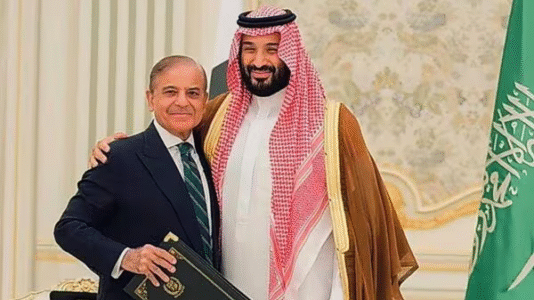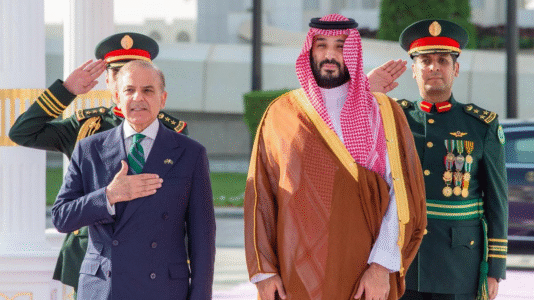The author argues that Saudi Arabia’s defence pact with Pakistan signals a possible drift from US security dependence while deepening regional complexities. With Doha hosting radical groups, the deal’s clause treating an attack on one as on both raises concerns, especially after Operation Sindoor and India’s warning of decisive retaliation. The pact must be viewed in the context of India–Pakistan rivalry, Turkey’s challenge to Saudi leadership, and Iran’s nuclear ambitions.












